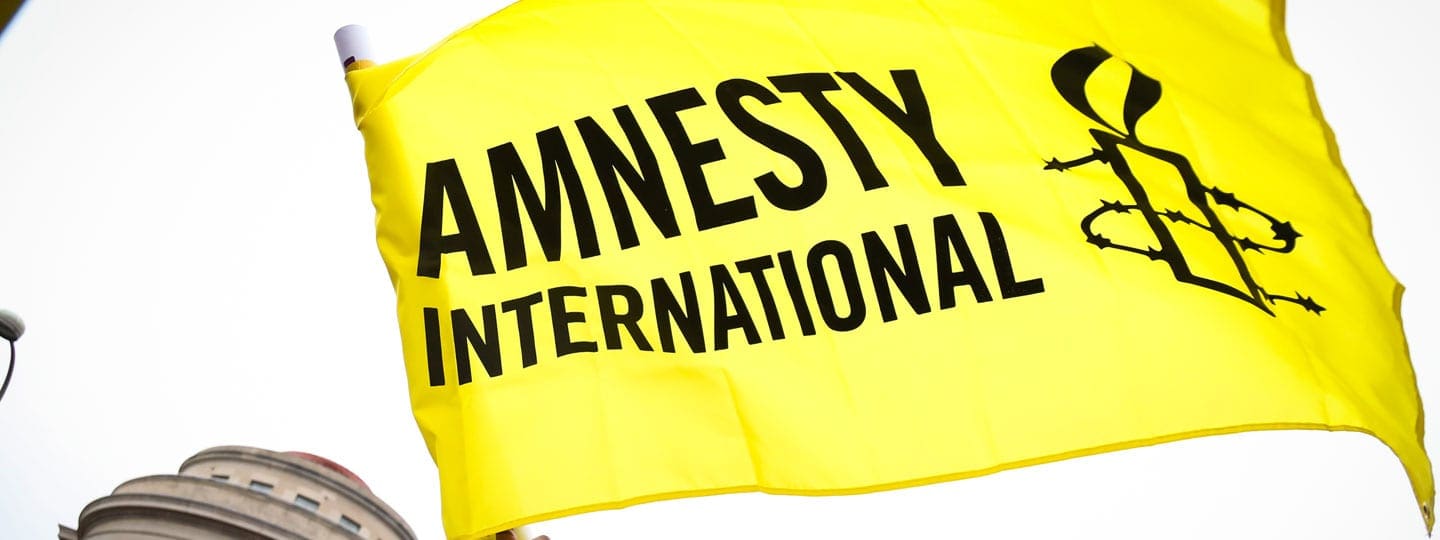In response to reports that the Iranian authorities have said they will refuse to release the body of the Canadian-Iranian academic Kavous Seyed-Emami to his family unless there is an immediate burial and no attempt to conduct an independent autopsy, Magdalena Mughrabi, Amnesty international’s Deputy Director for the Middle East and Africa said:
“The authorities’ refusal to allow an independent investigation into the extremely suspicious death of Dr Seyed-Emami smacks of a deliberately orchestrated attempt to cover up any evidence of torture and possible murder. He was detained in Evin prison where detainees are held under constant surveillance and stripped of all personal possessions. It would have been near impossible for him to commit suicide.
“We are deeply concerned that Dr Seyed-Emami’s body bears incriminating signs of torture and other clues to the reasons for his death. We call on the Canadian government and the international community to continue to place pressure on the Iranian authorities to allow an independent investigation into the circumstances of Dr Seyed-Emami’s death in accordance with international standards. Those responsible, including any individual with command responsibility, must be brought to justice.”
Kavous Seyed-Emami’s death is the third to be hastily declared a suicide in detention by Iranian authorities since the December 2017 protests. A fourth death, also confirmed in detention, remains unexplained by the authorities.
“The mounting deaths in custody and the authorities’ refusal to allow independent and transparent investigations are deeply troubling illustrations of the utter contempt for human life and accountability that exists in the Iranian criminal justice system today.” Said Magdalena Mughrabi.
In a statement on February 11, Tehran’s Chief Prosecutor stated that Kavous Seyed-Emami was driven to suicide by “confessions” that he had made and the incriminating statements others had made against him. Remarks about his “confessions” heighten concerns that he was subjected to torture.
He had been arrested on January 24, 2018 and was under interrogations for national-security related charges stemming from his peaceful environmental activism, making him a prisoner of conscience.

